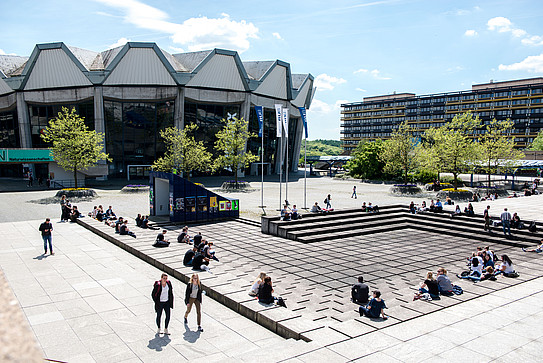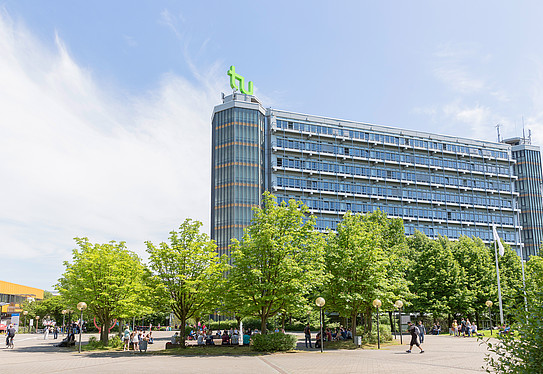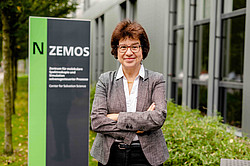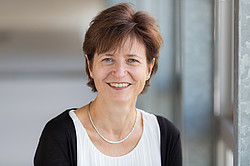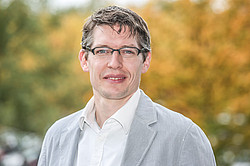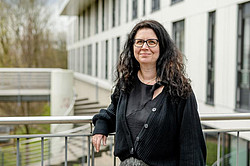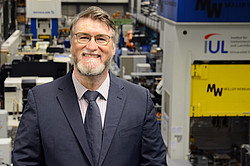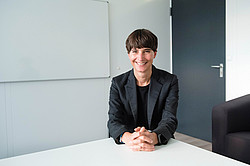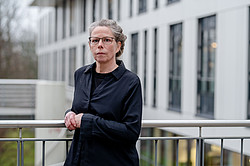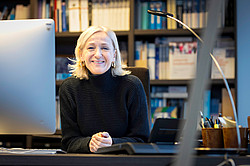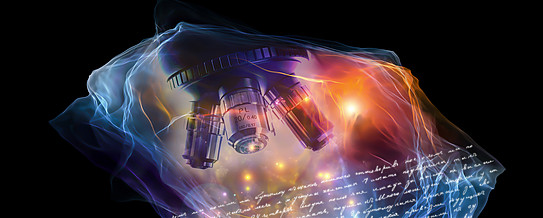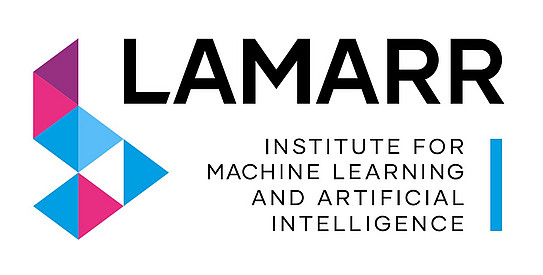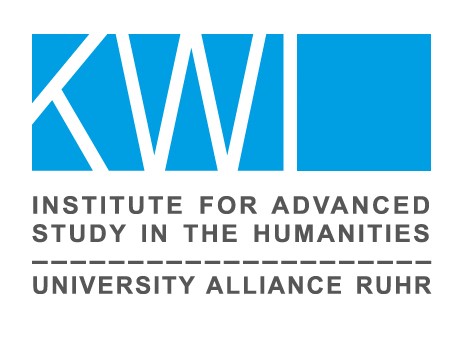Complementary Research Strengths
The Ruhr Innovation Lab brings together the research strengths of Ruhr University Bochum and TU Dortmund University, creating a dynamic hub for cutting-edge research and innovation. By combining Bochum's interdisciplinary expertise in natural sciences, engineering, and humanities with Dortmund's focus on application-driven engineering, data science, and social sciences, the lab fosters groundbreaking advancements. By leveraging our combined strengths, we accelerate innovation, transforming ideas into impact.
Partner Universities
Ruhr University Bochum's Research Profile
Ruhr University Bochum stands out for its interdisciplinary approach, merging diverse academic disciplines to fuel cutting-edge research. It excels in liquid and soft-matter sciences, cybersecurity, advanced characterization, and physics, while also making significant strides in social sciences and humanities, thus propelling Ruhr University Bochum to the top 10 in three subject areas of Germany’s DFG Funding Atlas 2024. Its dynamic Science Hubs transform disciplinary expertise into system-wide capabilities, empowering large teams to operate with unparalleled agility and speed. The university’s functional campus infrastructure, featuring five competitively funded research buildings, fosters seamless collaboration and interdisciplinarity.
TU Dortmund University's Research Profile
TU Dortmund University excels in natural sciences, application-driven engineering, and data science, advancing fundamentals, methods and applications. It boasts one of Germany's strongest statistics-computer science constellations with its Department of Statistics, the Lamarr Institute, and close collaboration with local Fraunhofer Institutes enabling excellent, interconnected industrial technology transfer. The university also drives outstanding research in the social sciences, addressing pressing issues such as migration, education and aging, and houses Germany's leading institute for journalism, which conducts impactful research on science communication, media skepticism and democracy.
Distinguished Scientists
Outstanding Research Institutions
Research Alliance Ruhr: Research Centers and College
Inter-university research structures have been growing in the Ruhr area since 2021: 50 new research professorships are being created for the University Alliance Ruhr at four Research Centers and one College. Together, they are addressing pressing issues for the future: sustainable solutions for chemical processes, materials for the energy transition, trustworthy IT systems, or the health of body, mind, and environment. Topics in the humanities and social sciences are being explored with international tandem partners.
Lamarr Institute for Machine Learning and Artificial Intelligence
As one of only six national AI competence centers, the Lamarr Institute is a leading center for research and education in the field of machine learning and artificial intelligence. Its interdisciplinary research area of physics aims to improve the understanding of nature by using advanced mathematical and machine learning methods. TU Dortmund University is one of the four partners supporting the Lamarr Institute, along with Fraunhofer Institute for Intelligent Analysis and Information Systems IAIS, the University of Bonn and Fraunhofer Institute for Material Flow and Logistics IML.
KWI – Institute of Advanced Studies
Established in 2007 as the first joint institution of the University Alliance Ruhr, the KWI - Institute of Advanced Studies (Kulturwissenschaftliches Institut Essen) is unique in being anchored in three partner universities. Specializing in cultural studies, this inter-university institute supports early career researchers and junior fellows while fostering collaboration among researchers from the Ruhr area and beyond. Through these initiatives, KWI plays a vital role in promoting academic collaboration and advancing research in cultural studies.
Partnerships with Non-University Research Institutions
The Ruhr Innovation Lab has established 30 partnerships with non-university research institutions, highlighting its commitment to collaboration in research and the training of young scientists. With 53 joint appointments and twelve graduate programs, these partnerships foster a dense network of interaction in the Ruhr area that enhances doctoral training and facilitates shared infrastructures and data spaces. These collaborations benefit both partners by attracting top researchers and increasing the critical mass needed for ambitious consortia.






